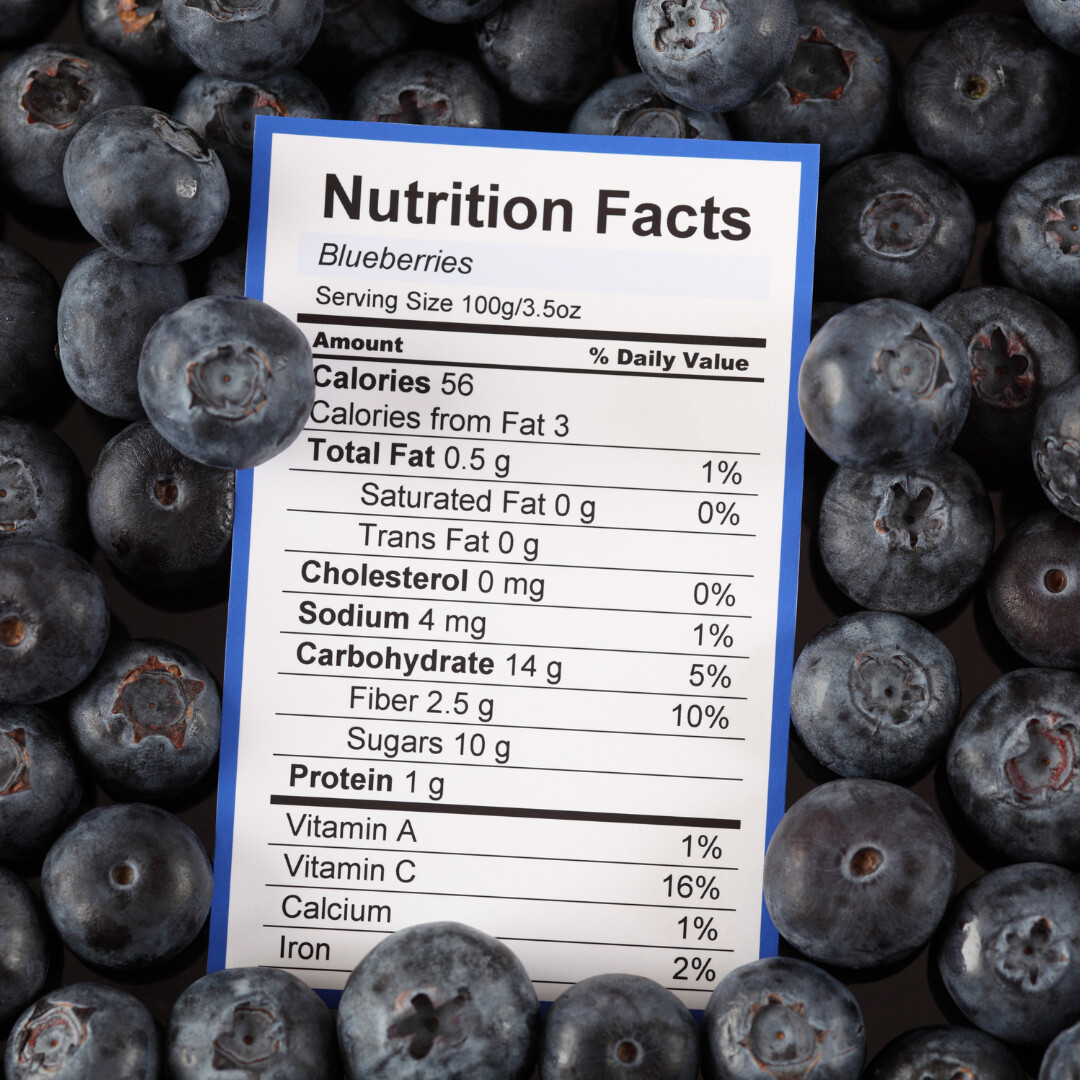
A food intolerance and food allergies can cause similar symptoms, but they are different. You may experience bloating, gas, constipation, diarrhea, or skin issues from either. Here is what you need to know about a food intolerance versus allergy.
The Difference
Food allergies are caused by your immune system mistaking a food as something harmful. This can trigger difficulty breathing and/or swallowing, swelling of the face and/or throat, and skin reactions. Food intolerances are a reflection of your body's inability to digest a certain food, or component of that food. And it doesn't usually impact your immune system like an allergy can. If you have a food allergy, you will probably notice a reaction within minutes of consuwing the food. Food intolerance symptons can take up to two days to appear and are usally dose dependent. If you have a food allergy, even trace amounts can trigger a reaction.
Elimination Diet
A doctor who specializes in allergies can run tests to determine if your immune system is reacting to certain foods. Food intolerances can not be identified through a test. So you may want to keep a food journal and/or try an elimination diet. You can do an elimination diet by eating meals that don't contain common triggers and that contain a few simple foods. Common food triggers include wheat, dairy, soy, corn, eggs, and food additives. If your symptoms disappear, then you can slowly add back the common food triggers, one at a time.
Gluten Intolerance
Gluten is a protein that is found in certain grains. A gluten intolerance does not involve the immune system like celiac disease does. A gluten intolerance is also different than a wheat allergy since gluten is found in other grains than just wheat. If you havve a gluten intolerance, you'll want to avoid wheat, barley, rye, and tritacale. You'll also need to avoid different types of wheat like duram and spelt. You can test yourself to see if you can tolerate eating sprouted grains and Einkorn wheat. You can also test your tolerance to buckwhat, which does not contain gluten.
Lactose Intolerance
Milk products contain a type of sugar carbohydrate known as lactose. To digest lactose, you need the digestive enzyme lactase. It is common for adults to produce little, or no, lactase. Lactose intolerance can develop over time, so you may not realize you are reacting to cow's milk. If you determine you are reacting, you can try adding a digestive enzyme that includes lactase when you consume cow's milk dairy products. If you still can't tolerate dairy, then you'll want to avoid things made from cow's milk like ice cream and cheese. Test yourself to see if you can tolerate yogurt and sour cream, since they are fermented.
Sulfite Intolerance
Sulfites are commonly used to preserve food and drinks, like wine and dried fruit. They are also present in some medications. People with asthma are typically sensitive to sulfites. If you have a sulfite intolerance, you'll also want to test yourself for other foods that commontly contain sulfite like canned vegetables, apple cider, pickled foods, baked goods, tea, beer, potato chips, and condiments.
Did this help you? If so, I'd greatly appreciate it if you commented and/or share it on social media.

Email: sharonledwards@hotmail.com
Facebook: https://www.facebook.com/sharonledwardsbiz/


















0 Comments